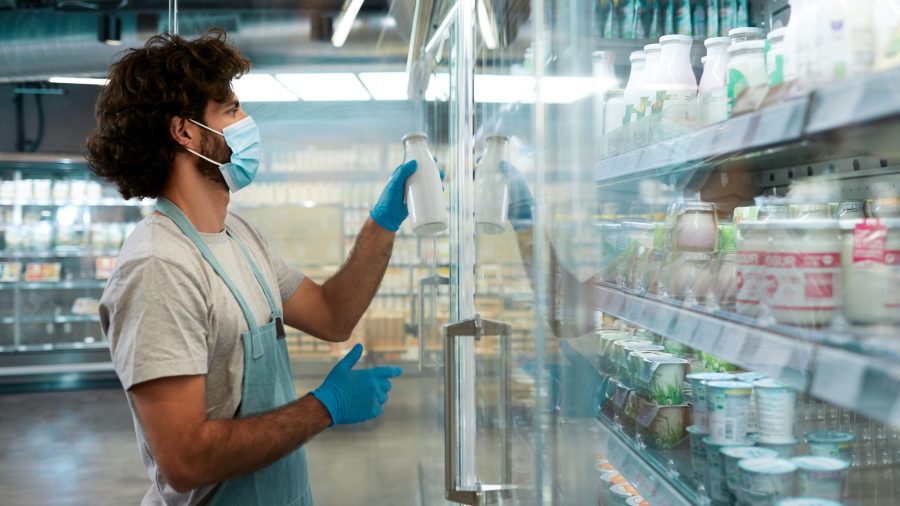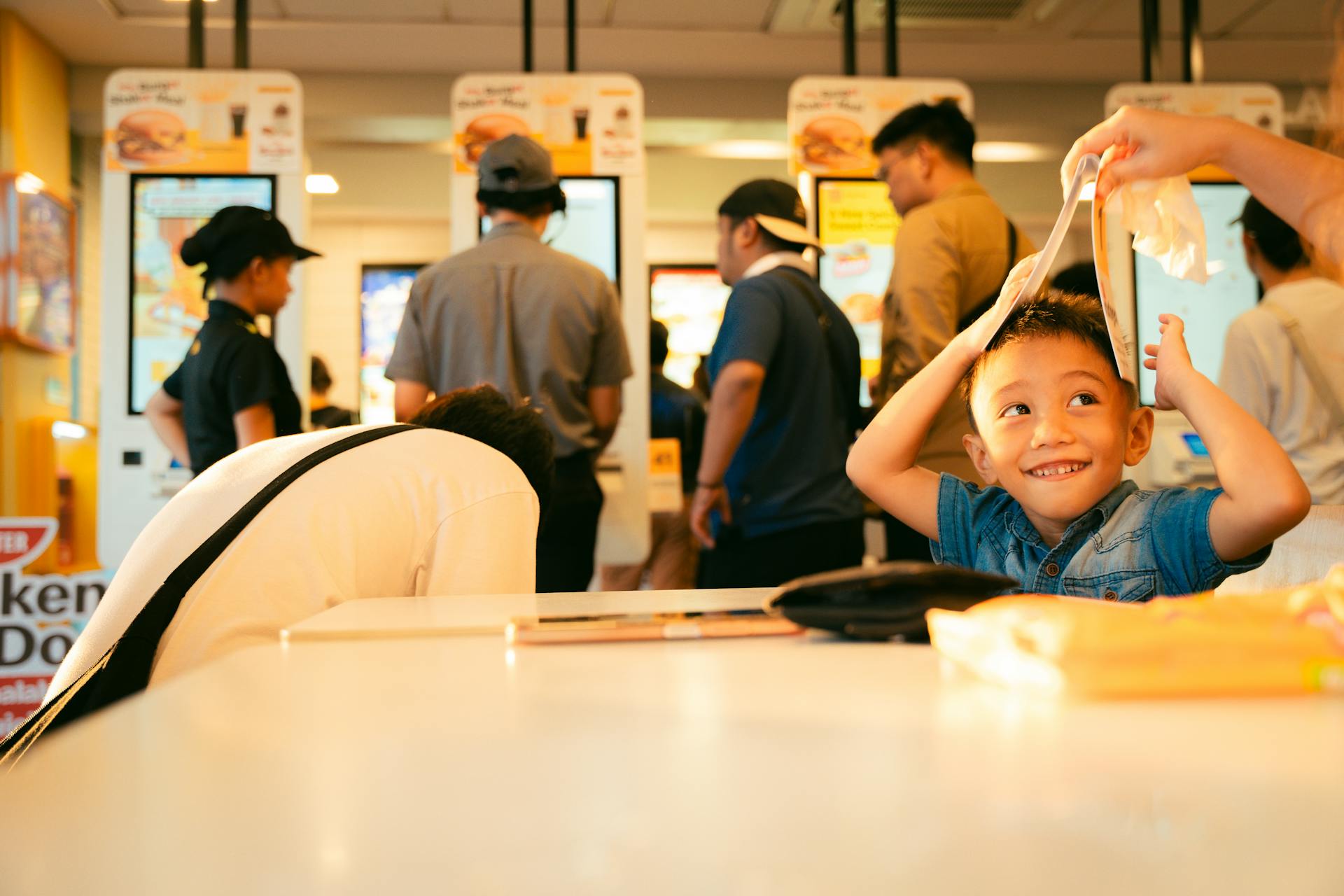The omicron coronavirus variant is causing headaches for American businesses.
With the daily COVID case count surging above the half-million mark in the U.S., governments and businesses are imposing vaccine requirements on both employees and customers, sparking backlash among the anti-vax, anti-mask crowd and charges of discrimination against those who refuse to comply with the mandates.
Two years into the pandemic, the fast-spreading omicron variant has upended hopes of a return to normal. The Johns Hopkins Coronavirus Resource Center shows the monthly case count averaging about 5.5 million.
MAYORS IMPOSING MANDATES
Mayors of New York, Los Angeles, Chicago and other major cities weeks ago imposed vaccine and testing mandates for city workers and lately have expanded the requirement to those wanting to dine inside restaurants, work out in health clubs or enter other indoor public venues – an idea officials hope will encourage more people to take the vaccines but which opponents say will just make the unvaccinated dig in their heels and will hurt local businesses.
Kasey Lynn Thompson, co-owner of Fatty C’s Dog House in Big Rapids, Michigan, told The Food Institute lifting of mask mandates in the politically divided state presented a real dilemma.
“It’s all about safety for us at this point and nothing to do with politics,” Thompson said, adding employees have been good about complying with the directive to remain masked at work.
CHICAGO AT CENTER OF DEBATE
Chicago’s vaccine mandate for indoor public spaces including restaurants and gyms took effect Monday despite objections from restaurant owners that they needed more time to ramp up plans for checking customers’ proof of vaccination.
“Logistically, it’s just going to be a nightmare,” Mary Kay Tuzi, owner of Twin Anchors Restaurant & Tavern, told WBBM-TV, Chicago (Dec. 28). “I still don’t know how we are going to do this.”
The Chicago Restaurants Coalition asked the mayor’s office to postpone the mandate until Jan. 15, saying the short notice makes it difficult for restaurants to modify operations, train or hire new staff, or install security equipment to record interactions and develop emergency protocols for customers who object or get angry.
“Now, every Chicago restaurant must prepare for this worst-case scenario, and they need until Jan. 15 to do so. In the future, any new mandates from Mayor [Lori] Lightfoot should have 30-days notice, not 13 days,” the coalition said in a letter.
The city mandate applies to children as young as 5. Restaurant workers who decline to get vaccinated have to submit to weekly testing. The vaccine requirement does not apply to houses of worship or grocery stores, or to those just entering a restaurant to pick up food for carry out.
In suburban Chicago, the Oak Park-River Forest Chamber of Commerce released a statement objecting to Oak Park’s decision to follow the city and county’s lead, saying it could have a detrimental impact on local businesses.
GROCERS’ PERSPECTIVE
As of Dec. 31, 204 million Americans had been fully vaccinated against the virus, just 62% of the population, far short of so-called herd immunity. Many of the most recent cases are breakthrough infections among the fully vaccinated.
Seattle grocery store cashier Rachel Campos, who suffered a months-long battle with COVID-19 and didn’t return to work until July, told The Los Angeles Times (Dec. 23) her sense of safety was shattered in December when co-workers again began testing positive for the virus.
“I just got called a ‘Nazi’ … for telling someone to put on a mask,” Kathleen Scott, an Albertsons grocery store employee in Los Feliz, California, told the L.A. Times. She said workers have gotten very little guidance from company officials and are just worn out.
UNCERTAINTY IN NEW YORK
Just after Christmas, New York, a hotspot for omicron infections, imposed a vaccine mandate for private employers on top of the mandates for public employees and for patrons and staff of public venues. It was unclear, however, whether Mayor-elect Eric Adams would keep the mandates in place.
“I got a lot of phone calls from businesses asking, ‘What are we supposed to do? Should we comply? We’re going to have a new mayor, what is the new mayor thinking?’” Linda Baran, president and CEO of the Staten Island Chamber of Commerce, told The New York Times (Dec. 27). “I think the biggest frustration here is that a lot of businesses are just having a hard time hiring and keeping employees.”










